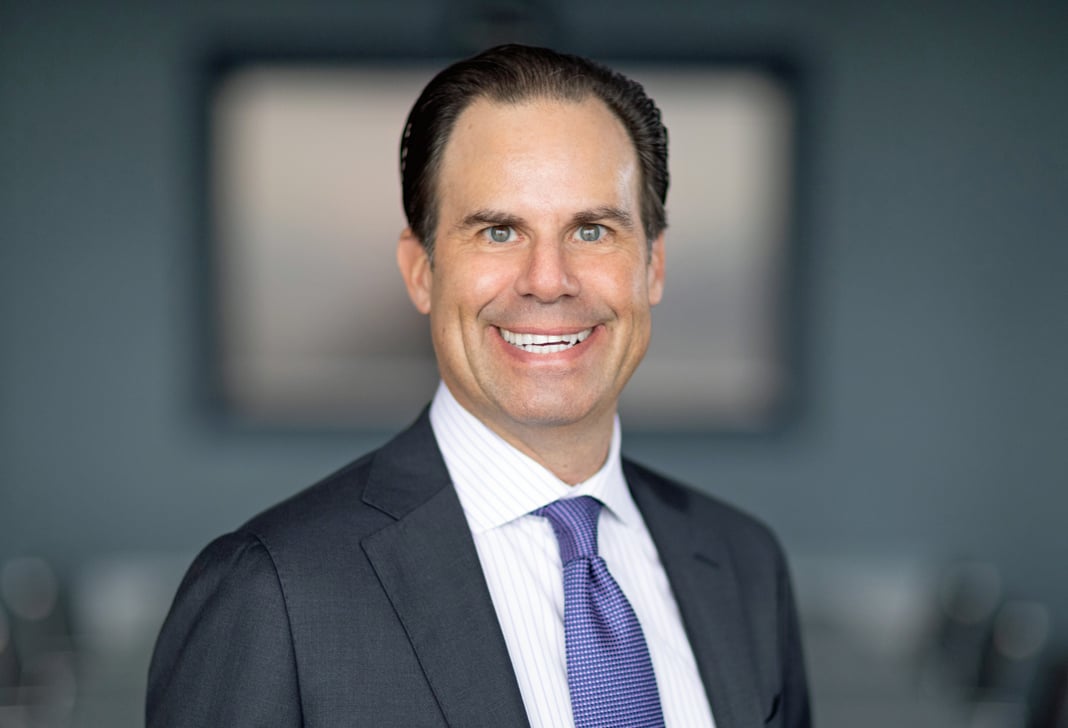SEC Approves New Rules Regarding General Solicitation in Certain Private Offerings and Adopts "Bad Actor" Provisions
On July 10, the SEC adopted amendments to rules regarding general solicitation in securities offerings under Rule 506 or Rule 144A to implement provisions of the JOBS Act.[1] In a separate release, the SEC also adopted amendments to address the so-called "bad actor" provisions of the Dodd-Frank Act.[2]
In a related release, the SEC proposed new amendments to Regulation D, Form D, and Rule 156 under the Securities Act that, if adopted, would subject companies engaged in Rule 506 private offerings to additional SEC filing and disclosure requirements.[3]
General Solicitation Permitted in Rule 506 and Rule 144A Offerings
The amendments to Rule 506 and Rule 144A permit companies to engage in general solicitation and general advertising in private securities offerings, subject to certain conditions.[4] The amendments permit a company to solicit any prospective investors in a valid Rule 506 private securities offering as long as the offering otherwise complies with Regulation D, the company takes "reasonable steps to verify" that all of the ultimate purchasers in the offering are "accredited investors," and all purchasers either qualify as accredited investors or were reasonably believed by the company to qualify as accredited investors at the time of sale.
The SEC provided a nonexclusive list of methods that will be deemed by the SEC to satisfy the verification requirement for purchasers who are natural persons. These methods include reviewing recent IRS forms, bank documents, and credit reports; receiving a written representation from investors; and obtaining written confirmations from broker-dealers, attorneys, or CPAs. However, the SEC made clear that other verification measures can constitute "reasonable steps" based on the particular facts and circumstances of each purchaser and transaction.
In addition, the amendments provide that securities may be offered to any investor in Rule 144A offerings, provided that securities are only sold to "qualified institutional buyers" and the offering otherwise complies with Rule 144A.
"Bad Actor" Disqualification
The SEC also adopted rules implementing the Dodd-Frank ban on "bad actor" participation in private offerings, including offerings that involve public marketing efforts in reliance on these new amendments. Under the new rules, a company will not be permitted to engage in Rule 506 private securities offerings if a company (including directors, certain officers, and other affiliated companies or persons) had a so-called "disqualifying event."[5] Although violations that occurred before the new "bad actor" rules become effective will not result in disqualification from Rule 506, these violations will be subject to mandatory disclosure.
International Transactions
We do not expect the new amendments to affect dramatically global offerings by non-U.S. issuers pursuant to Regulation S (for offshore sales). Although the SEC has not revised Regulation S, and the ban on "directed selling efforts" remains, the SEC reiterated its view that a global offering complying with Regulation S (including, presumably, the ban on "directed selling efforts") will not be "integrated" with a concurrent offering in the U.S. in accordance with the newly adopted rule. Because Regulation S restrictions still apply, we expect that the SEC will continue to enforce the restrictions on communications for Regulation S.
Proposed Amendments
In addition to the adopted amendments summarized above, in a narrow 3–2 vote the SEC also proposed new rules to expand the disclosure and filing requirements of Form D. If such new rules were adopted, companies engaged in Rule 506 private securities offerings would be required to file a Form D no later than 15 calendar days prior to commencing general marketing in the case of an offering pursuant to new Rule 506(c), and a "closing amendment" to the Form D within 30 calendar days after the termination of the offering in the case of all Rule 506 private securities offerings. In addition, under the proposed rules, a failure within the preceding five years to file a Form D for any private securities offering relying on Rule 506, including an offering under the newly adopted rules, would disqualify the company from relying on the Rule 506 safe harbor for one year. The proposed rules would also require issuers to include certain legends and other disclosures in written general solicitation materials used in an offering under the newly adopted rules.
Finally, the SEC proposed a new rule to help enhance the SEC's understanding of developments in the private securities offering market. The proposed rule would require any company relying on new Rule 506(c) to submit to the SEC all written general solicitation materials prepared by or on behalf of the company and used in the offering no later than the date of first use. These submissions would be confidential, and the proposed rule would expire two years after it becomes effective.
In general, JOBS Act rulemaking has not been at an accelerated pace and, sometimes, has been a contentious process. Given the narrow margin of approval for proposing these new amendments, we expect the proposed rules to provoke extensive comments and further consideration by the SEC and the trend of deliberate JOBS Act rulemaking to continue.
Lawyer Contacts
For further information, please contact your principal Firm representative or one of the lawyers listed below. General email messages may be sent using our "Contact Us" form, which can be found at www.jonesday.com.
Daniel Bushner
London
+44.20.7039.5208
dbushner@jonesday.com
Michael R. Butowsky
New York
+1.212.326.8375
mrbutowsky@jonesday.com
Timothy Curry
Silicon Valley / San Francisco
+1.650.739.3987 / +1.415.875.5721
tcurry@jonesday.com
Thomas C. Daniels
Cleveland
+1.216.586.7017
tcdaniels@jonesday.com
Michele L. Gibbons
Houston / New York
+1.832.239.3788 / +1.212.901.7313
mitchgibbons@jonesday.com
Chip MacDonald
Atlanta
+1.404.581.8622
cmacdonald@jonesday.com
James E. O'Bannon
Dallas
+1.214.969.3766
jeobannon@jonesday.com
Peter C. Zwick and John P. Ubbing, associates in the Cleveland Office, assisted in the preparation of this Alert.
Jones Day publications should not be construed as legal advice on any specific facts or circumstances. The contents are intended for general information purposes only and may not be quoted or referred to in any other publication or proceeding without the prior written consent of the Firm, to be given or withheld at our discretion. To request reprint permission for any of our publications, please use our "Contact Us" form, which can be found on our web site at www.jonesday.com. The mailing of this publication is not intended to create, and receipt of it does not constitute, an attorney-client relationship. The views set forth herein are the personal views of the authors and do not necessarily reflect those of the Firm.
[1] Available at http://www.sec.gov/rules/final/2013/33-9415.pdf
[2] Available at http://www.sec.gov/rules/final/2013/33-9414.pdf
[3] Available at http://www.sec.gov/rules/proposed/2013/33-9416.pdf
[4] Although some have expressed concern about permitting private funds, such as hedge funds and venture capital funds, to engage in general advertising, the SEC made clear that the new amendments are applicable to private funds. In addition, the SEC made clear that such offerings would not constitute public offerings for purposes of Sections 3(c)(1) or 3(c)(7) of the Investment Company Act. It should be noted that Rule 4.13(a)(3) under the Commodity Exchange Act (an exemption from registration for commodity pool operators that use commodity interests on a limited basis) and Rule 4.7 under the Commodity Exchange Act (which provides certain relief for registered commodity pool operators), which many sponsors of private funds may rely on following recent Dodd-Frank changes in the regulation of commodities pool operators and commodity trading advisors, each include a restriction against general solicitation.
[5] "Disqualifying events" include, among other things, criminal convictions, court injunctions, and restraining orders related to U.S. securities laws and final orders of certain U.S. federal and state regulators that bar engaging in securities, banking, and similar activities or are based on violations of certain antifraud laws and regulations. In general, such conduct must have occurred, depending on the applicable event, between five and 10 years prior to the covered sale in order to constitute a "disqualifying event." For example, the new rules will bar a Rule 506 offering by a company if covered individuals or entities related to the company have been subject in the last 10 years to a final order by a U.S. banking regulator, or other official, based on a violation of any law or regulation prohibiting "fraudulent, manipulative or deceptive conduct." This very broad language may disqualify depository institutions, their holding companies, and others subject to banking or Consumer Financial Protection Bureau regulation even where the offending practice has been remedied.



